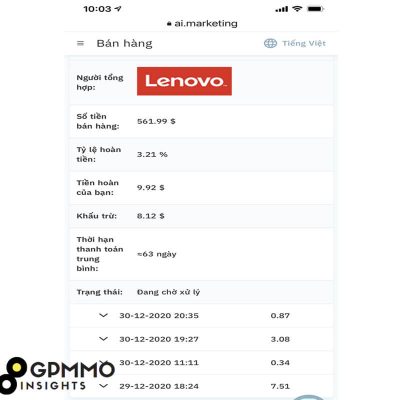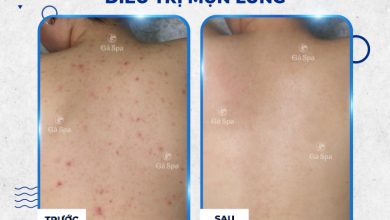What is AI Marketing | Everything Digital Marketing Professionals Need to Know

AI (artificial intelligence) is one of the biggest buzzwords at the moment, and yet some people are still unclear on what it is and what it means for marketing professionals.
Businesses and in particular, marketers are beginning to use AI marketing tools with their everyday tasks. Content writers are using it for email subject lines, SEO professionals are using it for faster keyword analysis, and companies are using it to save time whilst increasing productivity.
In fact, according to Accenture, “Current AI technology can boost business productivity by up to 40%.”
While the implications of AI on the future of marketing have yet to be determined, one thing seems clear: it’s time to start embracing change.
Let’s take a look at AI marketing in more depth.

What is AI Marketing?
AI refers to any technology that attempts to simulate human intelligence in a machine; including things such as facial recognition, voice recognition, and robotics. In marketing, there are two important aspects of AI which are artificial intelligence and machine learning.
Artificial intelligence is a type of machine learning that generates or studies algorithms to respond to environmental changes.
Machine learning is made up of algorithms and computers that are programmed to learn from experience without being explicitly programmed. Though machine learning is often seen as a subset of artificial intelligence, the two terms are not necessarily synonymous.
Now, what does this mean for marketers?
Machine learning can be used for various purposes in the marketing world, including customer data analysis, market segmentation, and predictive analytics. Artificial intelligence has been implemented into various marketing strategies, such as chatbots designed to interact with customers or 360-degree video technology.

How Are Marketers Using Artificial Intelligence and Machine Learning?
Artificial intelligence and machine learning are being used by marketers in a variety of ways. Chatbots, for example this one from the aptly named Chatbot.com, have become popular in recent years with their ability to interact with customers and provide a personalized shopping experience.
Chatbots have been incorporated into many aspects of the customer service experience, including social media, email, and text messaging.
They can be used to assist customers with various tasks, such as placing an order, tracking an order, or providing information about a company’s products.
Chatbots can also be used to create personalized marketing campaigns. By gathering data about a customer’s preferences and using it to deliver relevant product information, chatbots can help ensure that each individual customer receives the information that is most relevant to him or her.
This type of personalization is expected to become even more important as the customer experience becomes increasingly digital.
Chatbots also have the potential to generate new sales opportunities. By collecting data about a customer’s interests and preferences, they can be used to make more personalized recommendations.

In addition to chatbots, artificial intelligence and machine learning are also being used in a variety of other ways. This technology is being used to study consumer behavior and reactions to specific marketing campaigns.
For example, it can be used to analyze which marketing campaigns are generating the most sales, which customers are responding to which marketing campaigns, and which marketing campaigns are most effective at generating a return on investment.
Artificial intelligence and machine learning are also being used to create predictive analytics. Predictive analytics are statistical analyses that are used to make predictions about the future based on past data.
This technology can be used to analyze customer data to predict which customers are likely to churn from a company’s product or service, which customers are likely to make a purchase, and which customers may respond to a particular marketing campaign.
Artificial intelligence and machine learning have also been used to create automated marketing tools. These tools use artificial intelligence algorithms to generate personalized marketing campaigns. For example, artificial intelligence can create personalized marketing campaigns for each individual customer based on that customer’s preferences and past purchases.

Artificial intelligence can also be used to create automated marketing tools that allow users to create personalized marketing campaigns for their own business.
For example, artificial intelligence can be used to create personalized marketing campaigns that use social media posts, videos, and other digital assets.









